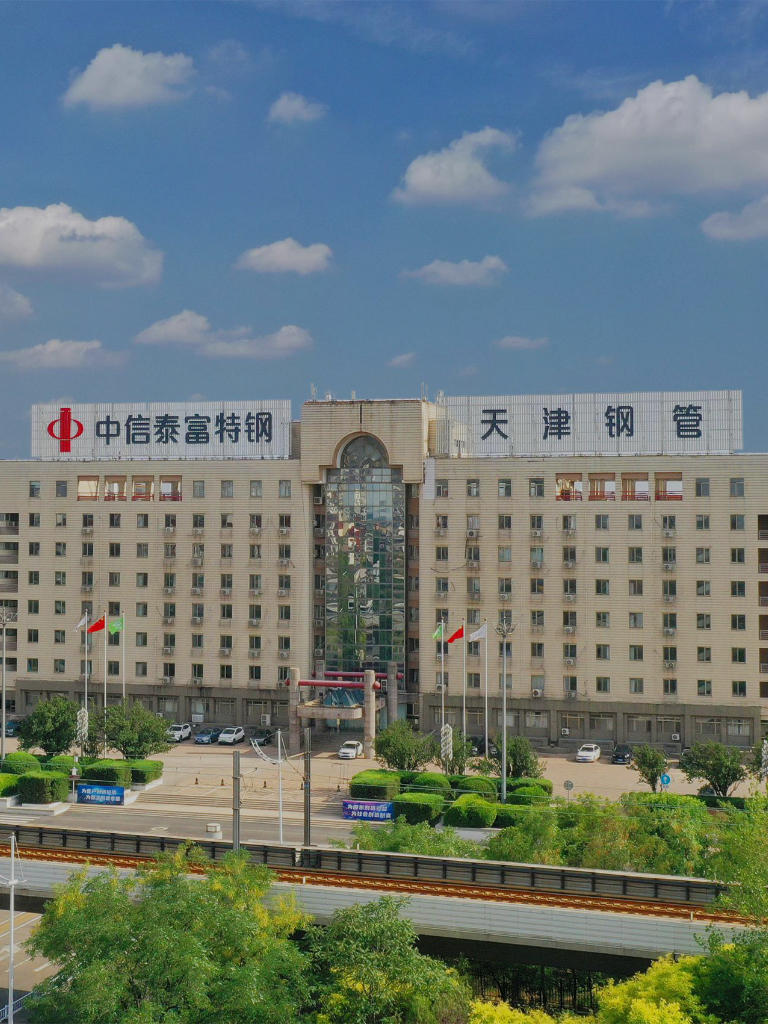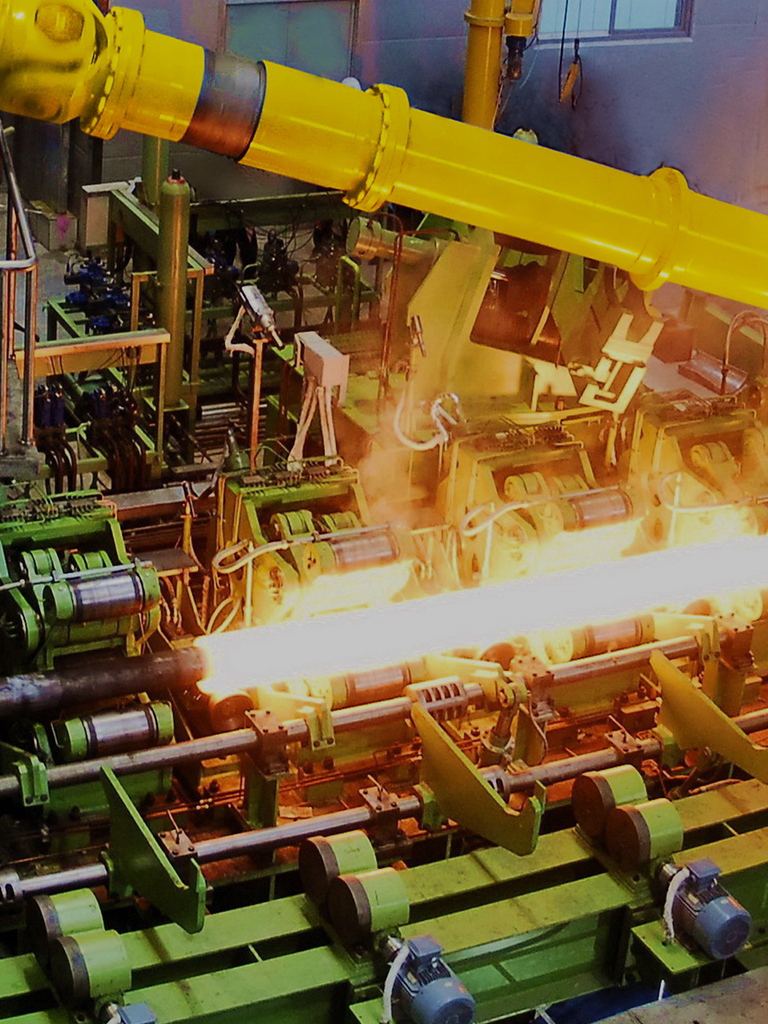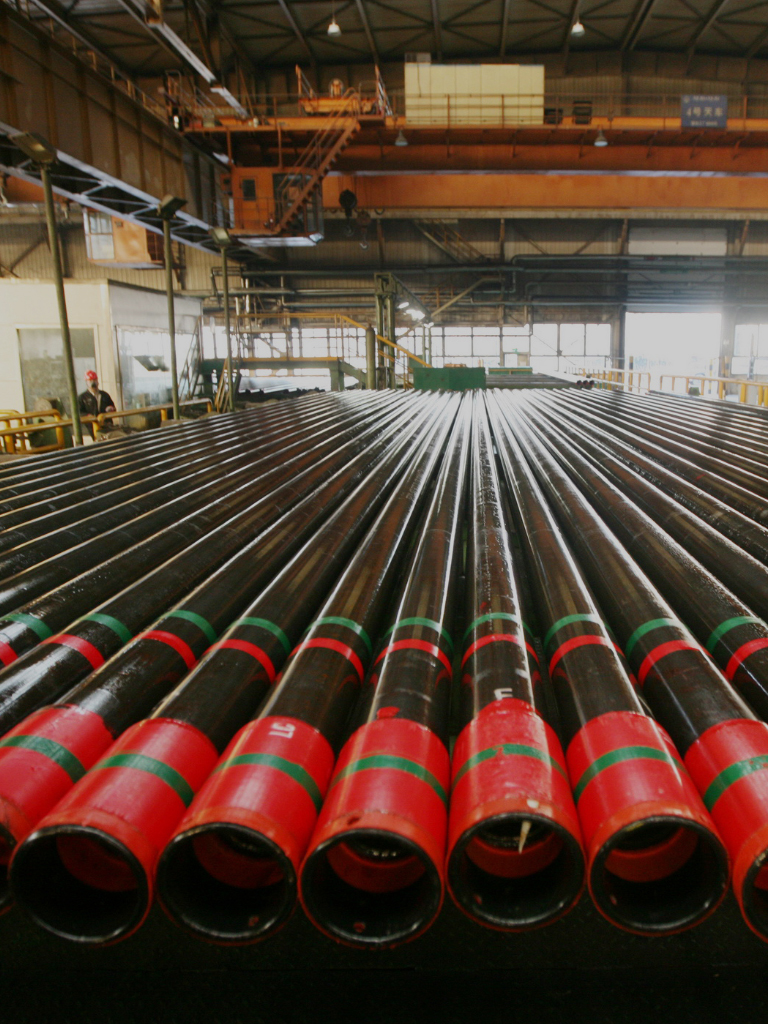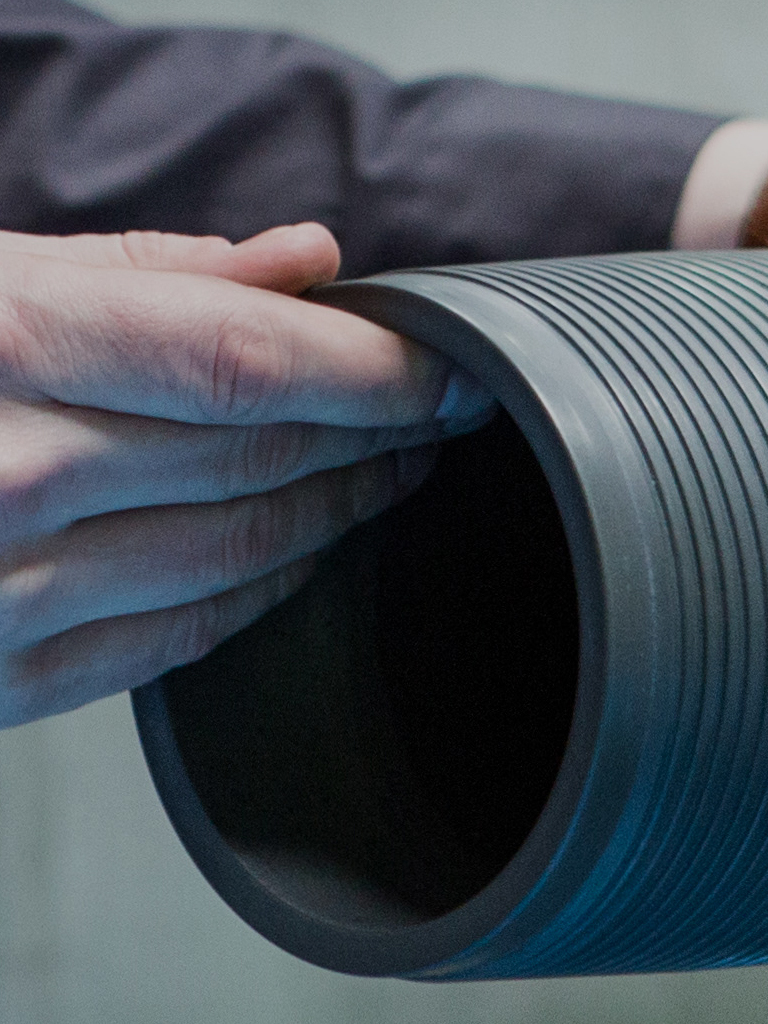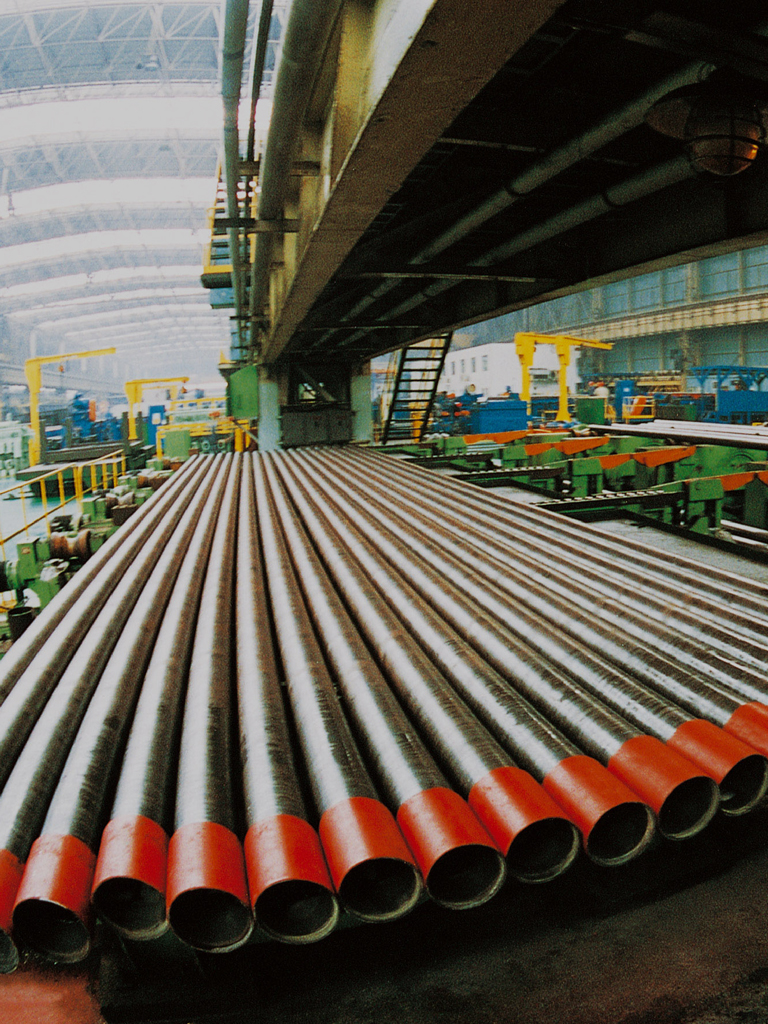China tightens iron ore import regulations
PUBLISHED ON 18/02/2005Singapore 17 February 2005 05:19
China will tighten its regulations for imports of iron ore from March 1 in what sources said appears to be an attempt to crack down on speculation by traders.
The move, which will improve the government’s ability to monitor imports, is unlikely to affect long-term contracts but could make it more difficult for smaller traders to import spot cargoes, notably from India, market participants told MB.
China’s Ministry of Commerce plans to include iron ore in its automatic import approval management system, which was introduced in 2002 and already covers imports of oil, steel, copper, aluminium and other commodities. The new regulation requires iron ore importers to apply for approval from one of 39 MOC-authorized organizations before shipping material, rather than submit notification after the imports have arrived as is currently the case.
"It’s too early to predict the impact of the new measure, but I think it will only affect small traders dealing in spot business, preventing them from stocking imported iron ore for higher profits, as happened last year,” said an official from a steelmaker in Jiangsu Province in east China.
“No details have been announced yet, but I believe the new rule will have only a minimal impact on Chinese steelmakers and Australian and Brazilian [iron ore] suppliers,” said a Hong kong-based trader. “It is targeting third-party [players] in iron ore imports [to prevent] stocking and speculation, and will probably affect Indian iron ore imports to a greater extent."
Imports from Australia and Brazil are mostly under long term contracts. Most iron ore from India is imported via the spot market.
The MOC posted a brief announcement of the new regulations on February 7, the day before China’s new year holiday commenced. Traders said they were hoping for more details to be announced, but officials at the MOC told MB that was unlikely to happen before March 1.
The regulation will only apply to shipments commissioned after March 1, and will not affect cargoes booked before that date, MOC officials said. The approval process should take no more than 10 days and approvals will be valid for six months, after which importers will have to reapply.
MOC officials stressed the new regulations were designed to provide the government with a clearer picture of China’s iron ore import market and were not an attempt to limit imports of iron ore.
“The regulation is different from a licensing system in that no importers will be rejected as long as they meet the requirements, and our aim is only to know more about the iron ore import market and collect the statistics in a more efficient way,” said a MOC official.
“We just want to better supervise imports of iron ore, which is one of key import products for China,” said a second official. “The new regulation will enable us to know beforehand what quantity of iron ore will be imported during what period of time, and which port it will be unloaded at. Customs offices currently can only collect the statistics after the imports have arrived."
China needs imports of iron ore, as domestic production will only satisfy a small proportion of the country’s demand. “We are not issuing the new policy to limit imports of iron ore,” she said.
Market participants estimate that as much as 40 million tonnes of iron ore is sitting at China’s ports, due in part to traders’stockpiling to material in expectation of future profits. The China Iron and Steel Association expects iron ore imports to increase by about 30 million tonnes in 2005 compared to a rise of 62 million tonnes last year (MB, January 20).




